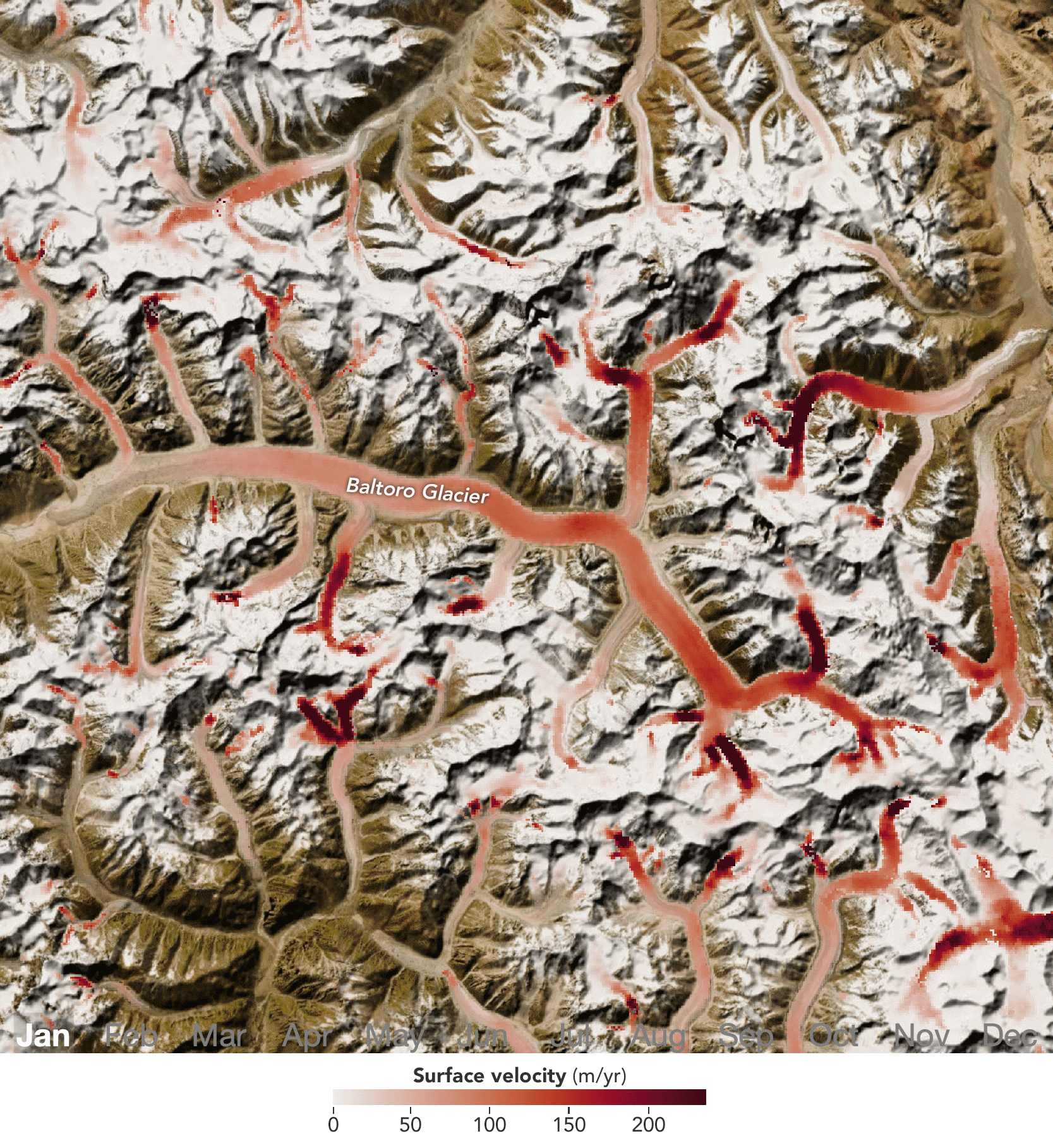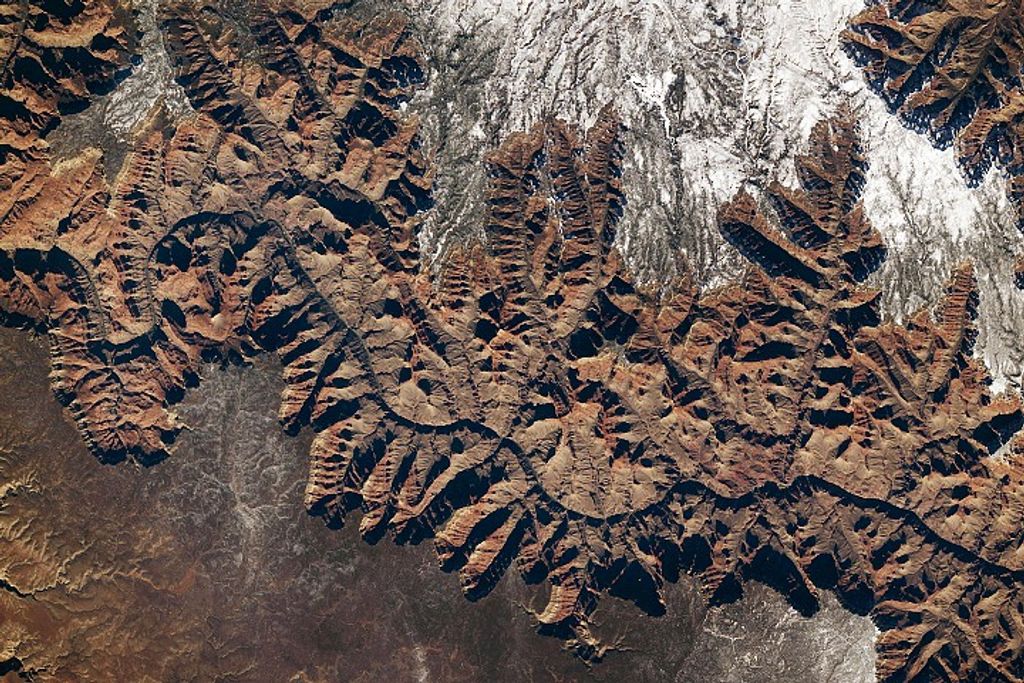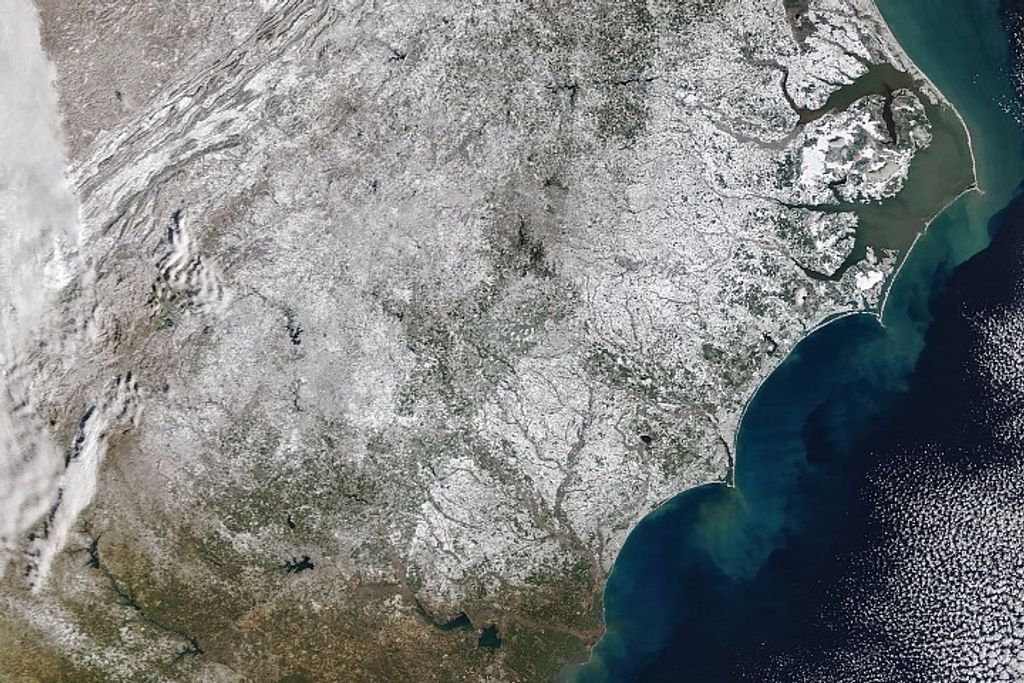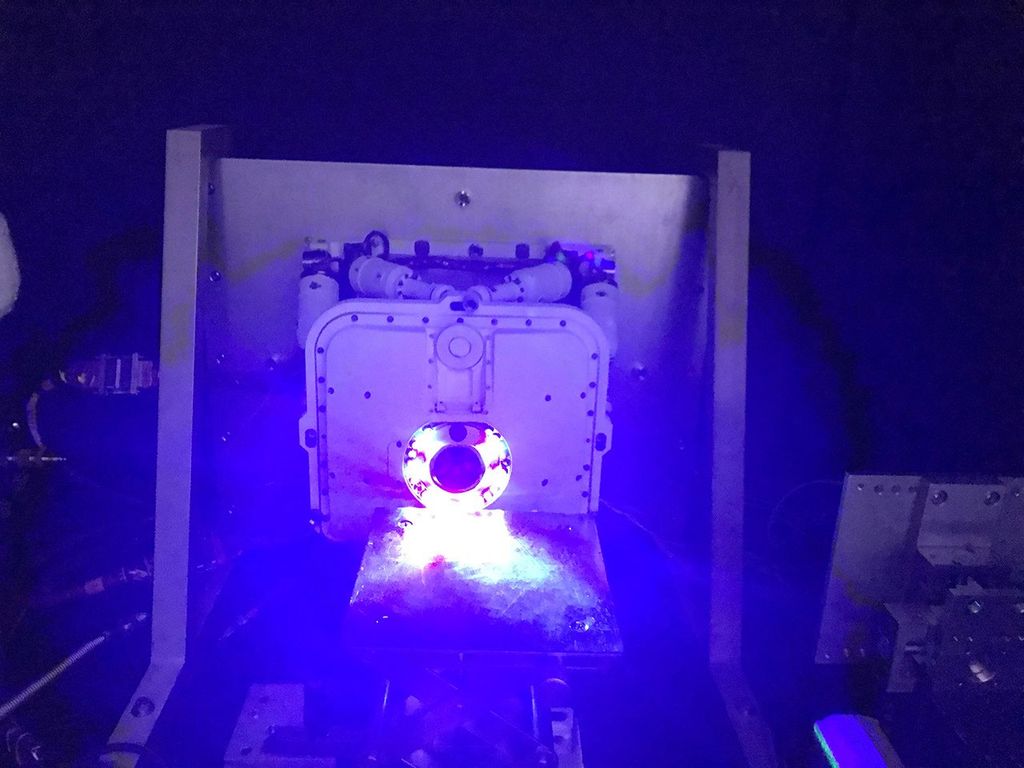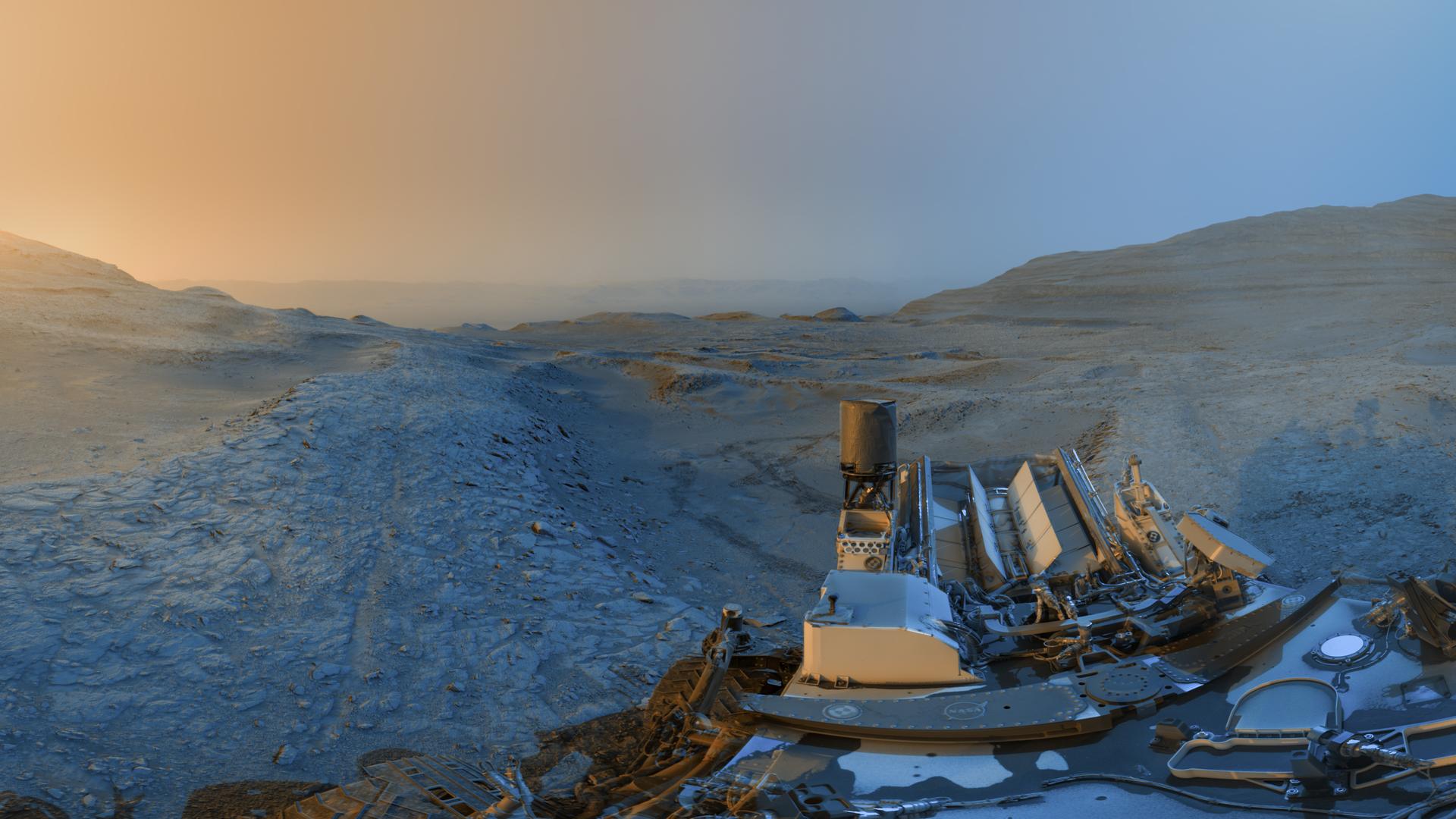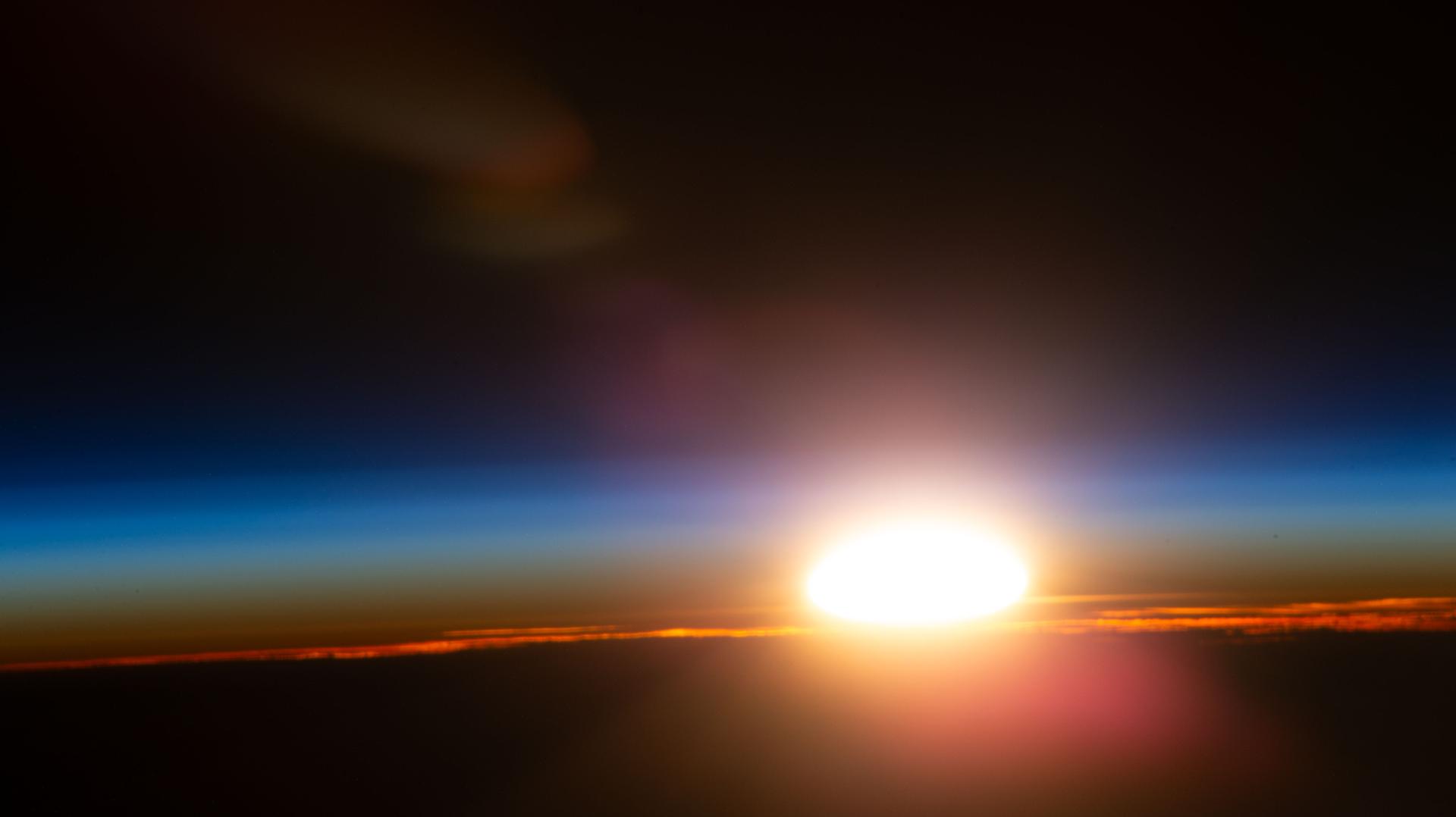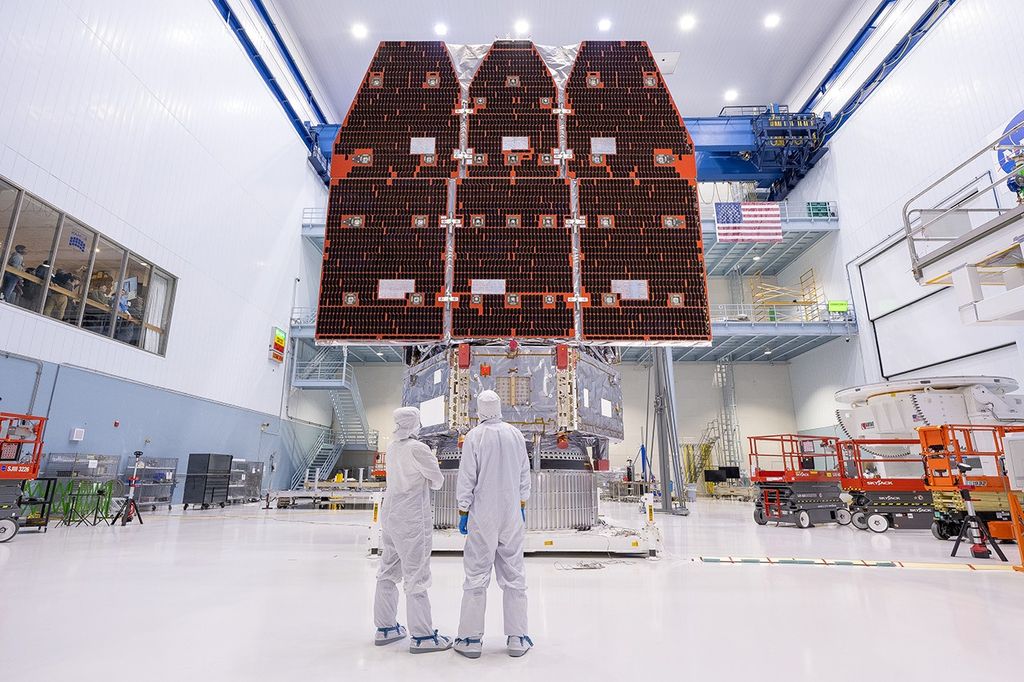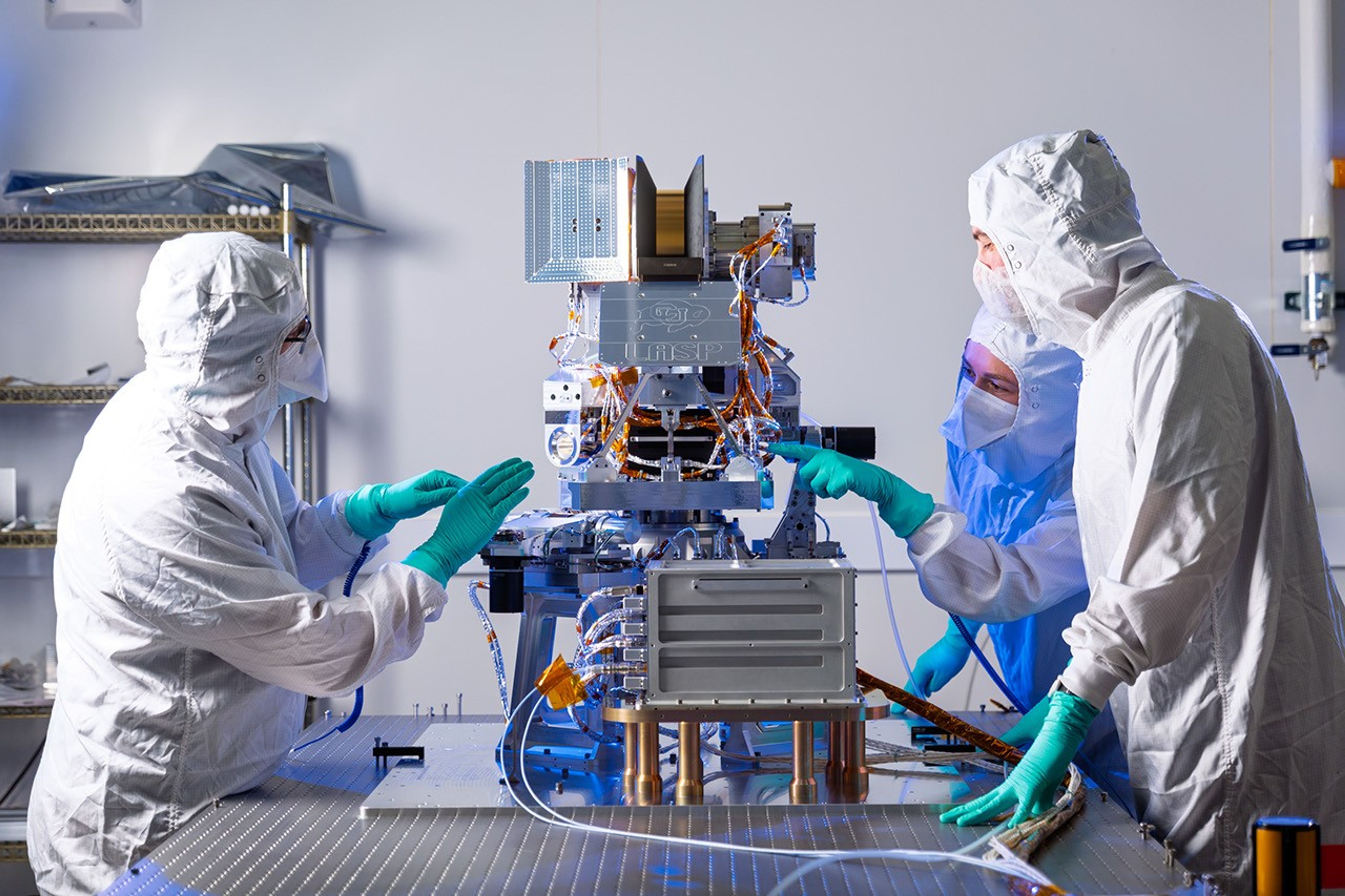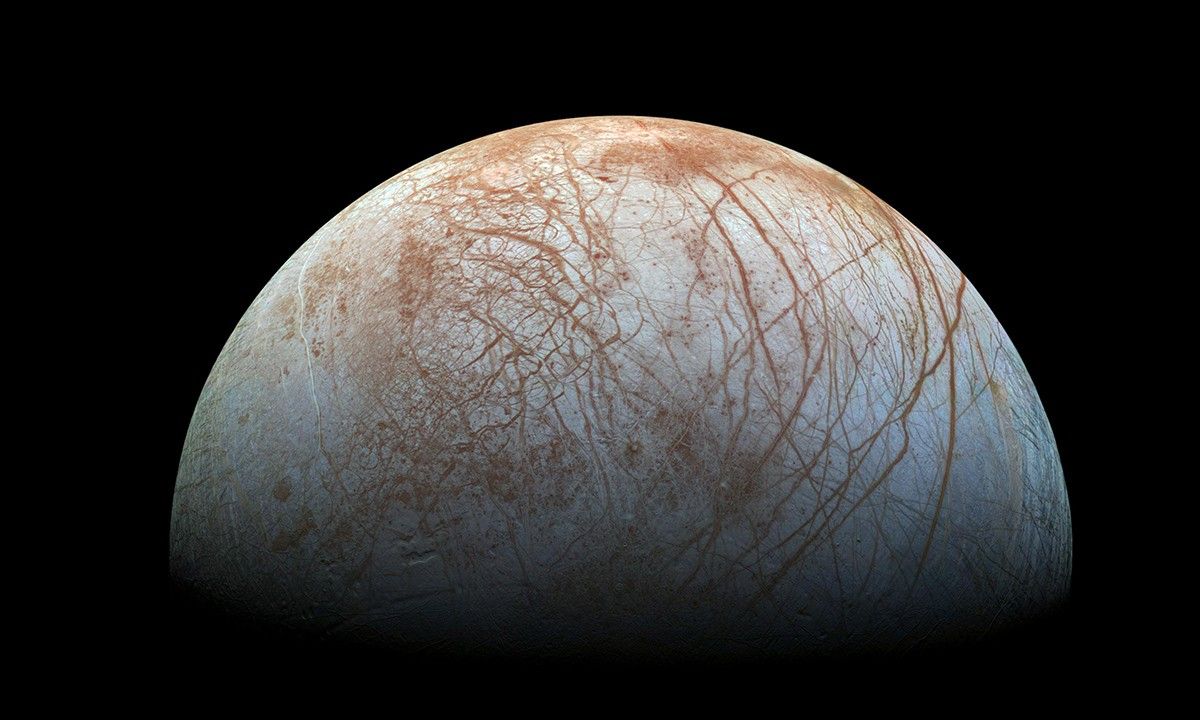Amendment 26: D.2 Astrophysics Data Analysis Final Text and Due Dates Released
To enhance the scientific return on NASA mission investments, ROSES D.2 the Astrophysics Data Analysis Program (ADAP) provides support for investigations whose focus is on the analysis of archival data from NASA space astrophysics missions.
ROSES-2025 Amendment 26 announces the release of final text for this program element, which was previously TBD. Optional NOIs are requested by December 19, 2025, and proposals are due by January 30, 2026.
Data releases from the Euclid mission that are fully public by the ADAP proposal deadline are eligible for ADAP investigations. This includes the Euclid Early Release Observations and Quick Release 1. This also includes regular SPHEREx data releases, as well as any other NASA mission data sets that are publicly released by the deadline. Moreover, archival data from the Chandra X-ray observatory may serve as the sole primary source of data for ADAP proposals.
The set of non-anonymized documents that were previously included in the "Expertise and Resources" part of the proposal are no longer required at proposal submission, but instead will be requested for proposals after provisional selections are made; see end of Section 2.
In lieu of a detailed budget, only a single page budget justification is requested. No NSPIRES-based budget is required, nor any Total Budget file uploaded. Proposals must instead identify the planned duration and cost cap under which the proposal is submitted as either small, medium, or large, see Section 3.
On or about November 26, 2025, this Amendment to the NASA Research Announcement "Research Opportunities in Space and Earth Sciences (ROSES) 2025" (NNH25ZDA001N) will be posted on the NASA research opportunity homepage at https://solicitation.nasaprs.com/ROSES2025 and will appear on SARA's ROSES blog at: https://science.nasa.gov/researchers/solicitations/roses-2025/
Questions concerning D.2 ADAP may be directed to Pablo Saz Parkinson at pablo.sazparkinson@nasa.gov and Joshua Pepper at joshua.a.pepper@nasa.gov.

